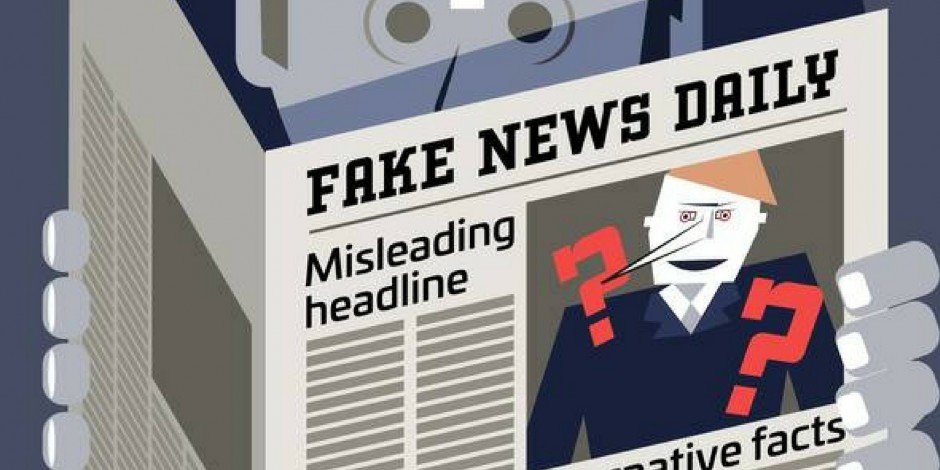Google believes that long-term success in its mitigation misinformationand foreign influence through social networks is based on the development of a culture of cyber security throughout society, along with continued “collaboration” between industry, the technical community and government.
According to Google, such efforts must be combined with relentless efforts to educate users and organizations, from schoolchildren schools to seniors and corporate employees on how to secure their online presence and to "apply critical thinking to the information they see and consume."
The comments were made with the submission of a proposal by the company [PDF] in the Select Committee on Foreign Interference through Social Media of Australia. The proposal also contained an overview of the company's work to address coordinated influences and other attacks coming from governments.
When submitting the proposal to the committee examining the risk of some foreign interference on social media, Google said it was taking its responsibility "very seriously".
“The way in which Companies how Google addresses these concerns has an impact on society and the trust users have in our services," the company says.
"We believe we should start by providing transparency in our policies, inviting feedback, enabling users to understand and control their online engagement, working with policymakers, civil society and academics around the world. the world to develop sensible, effective policies and procedures. ”
In submitting the proposal, Google said that its algorithms cannot determine whether or not a piece of content is true, nor can it assess the intent of its creator by reading just one page. He stated of course that there are clear cases of intent to manipulate or exscamof users.
For example, a news site that claims to contain "reports from Canberra, Australia", but whose activity it covers appears to be from Eastern Europe, may not be transparent to users about its features, or that they can trust her to learn first hand. ”
As of early 2020, Google said it had seen a growing number of attackers, including those from Iran and North Korea, falsify news agencies or journalists. In April of this year, Google sent 1.755 warnings to users whose accounts were targeted by a government attack.
Google also reported finding 18 millions malware and phishing emails in Gmail a day for COVID-19, as well as more than 240 million daily spam messages related to the virus.
"Our learning models have evolved to understand and filter these threats, and we continue to block more than 99,9% of spam, phishing and malware from reaching our users.
"We have a significant responsibility to our users and the societies in which we operate to limit the efforts of those who aim to disseminate false information on our platforms."





